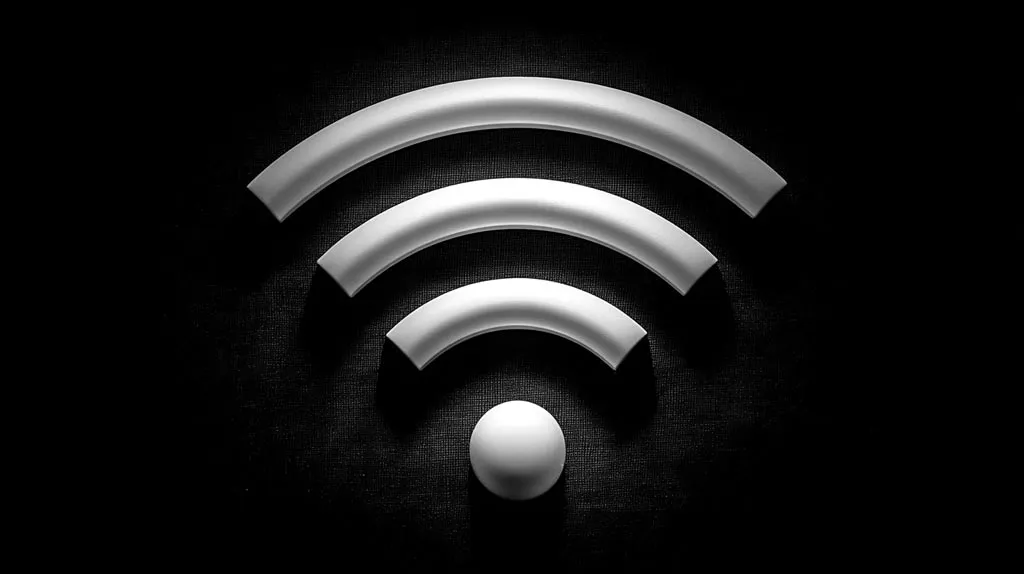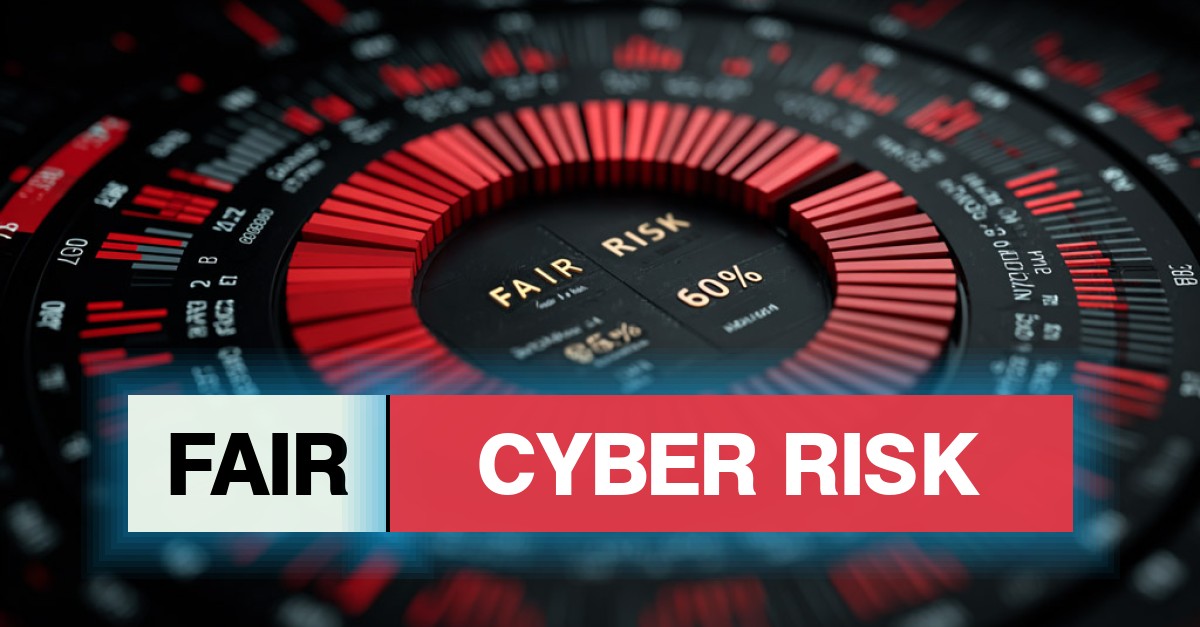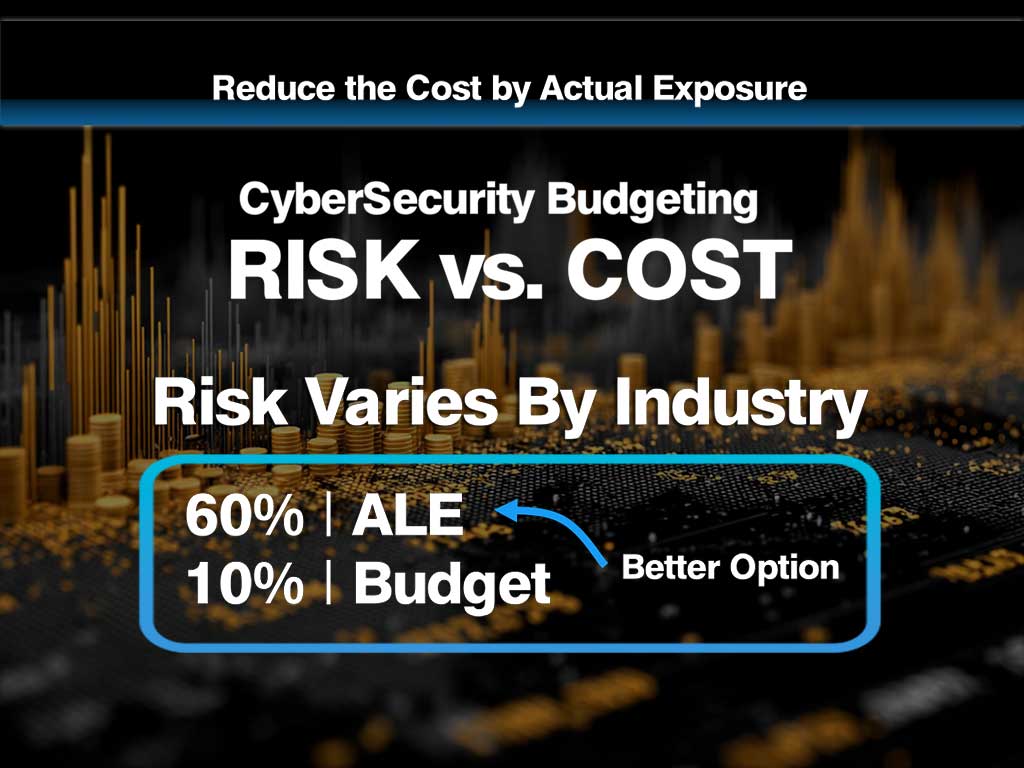Securing Your WiFi Event WiFi
If your WiFi isn't properly secured, you're leaving the door wide open for problems that can slow your connection to a crawl, compromise your privacy, and leave you frustrated. When left unsecured, you're not just risking slow speeds—you're putting your personal information, financial data, and privacy at risk.
Why Is Securing Your WiFi Important?
Identity theft and data breaches. Cybercriminals can intercept your personal information, passwords, and financial details when they access your unsecured network. Every email you send, every password you enter, and every document you upload becomes vulnerable.
Unauthorized network access. Neighbors or passersby can piggyback on your connection without you knowing. You're paying for internet service that others are using for free, while you suffer the consequences.
Legal liability. If someone uses your unsecured network for illegal activities, law enforcement may trace that activity back to your IP address. You could find yourself answering uncomfortable questions about crimes you didn't commit.
Device vulnerabilities. Once someone gains access to your network, they can potentially access any device connected to it—your computer, smartphone, smart home devices, security cameras, and more.
Network performance issues. The Federal Trade Commission warns that unsecured networks are easy targets for attacks and unauthorized use, leading to degraded performance across all your devices.
How Can Weak WiFi Security Lead to Bandwidth Issues?
You've probably experienced it: your internet suddenly slows down for no apparent reason. Videos buffer endlessly. Video calls freeze at the worst moments. File uploads take forever. The culprit might not be your internet service provider—it could be your weak WiFi security.
Bandwidth theft is real, and it's happening right now. When your network lacks proper security, unauthorized users can connect and consume the bandwidth you're paying for. Each additional device streaming videos, downloading files, or gaming online takes a piece of your connection speed.
Think of your internet bandwidth like a pizza. You ordered it and paid for it, but if strangers keep taking slices, you're left with less than what you deserve. That's exactly what happens with an unsecured WiFi network.
Deauth attacks make things even worse. These sophisticated attacks can knock your devices off your network repeatedly, causing constant disconnections and making your internet practically unusable. Attackers send deauthentication packets that force your devices to disconnect from your WiFi, disrupting your work, entertainment, and peace of mind.
Here's how weak security creates a bandwidth nightmare:
Multiple unauthorized connections. Just one neighbor streaming in 4K on your network can consume significant bandwidth. Imagine if multiple people are connected without your knowledge.
Malicious bandwidth consumption. Some bad actors intentionally overload networks they've accessed illegally, using your connection for large downloads, file sharing, or even running their own servers.
Network congestion from attacks. Deauth attacks and other wireless interference can create so much network noise that legitimate traffic can barely get through, even when bandwidth is technically available.
Priority conflicts. Your router can't properly prioritize your important traffic when it's also handling requests from unauthorized devices. That work video call gets the same priority as someone else's torrent download.



